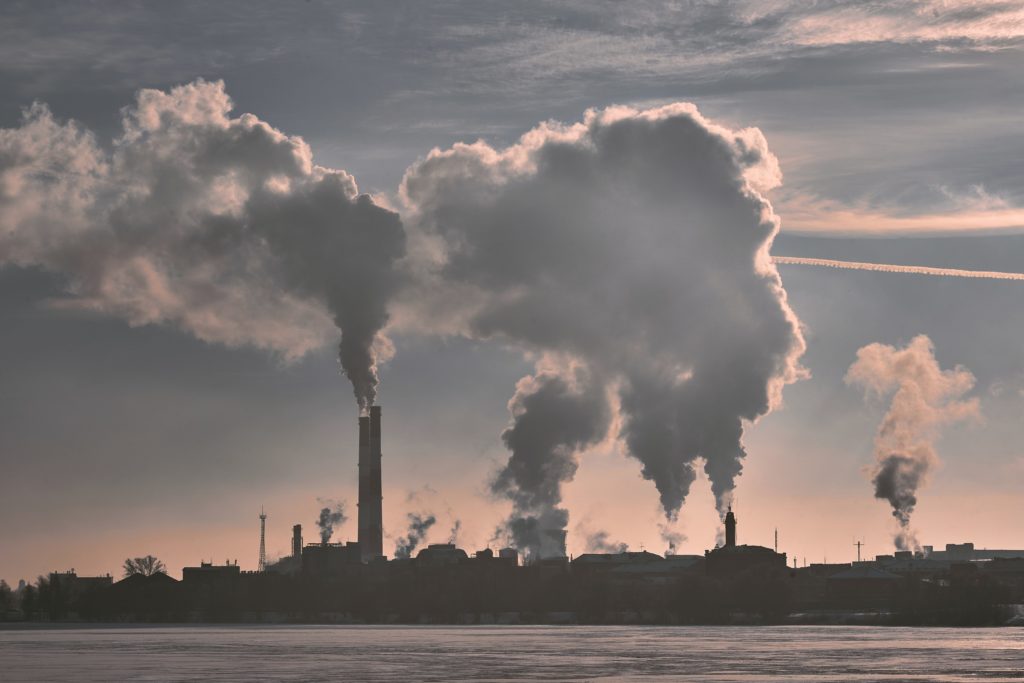
Published December 14, 2022
The European Union’s recent decision to impose tariffs on select carbon-heavy imports such as steel and cement is a long-sought victory for climate activists. But the United States should not follow suit. These measures are likely to both increase global human suffering and strengthen China.
Unlike with normal tariffs, the E.U. will not apply equal charges to the same sorts of goods; instead, E.U. member nations will estimate how much carbon was directly or indirectly consumed in the product’s creation. That means firms in nations with more carbon-intensive energy consumption will pay higher rates than those that rely more on renewable energy sources.
Please continue reading with The Washington Post.
Henry Olsen, a senior fellow at the Ethics and Public Policy Center, studies and provides commentary on American politics. His work focuses on how America’s political order is being upended by populist challenges, from the left and the right. He also studies populism’s impact in other democracies in the developed world.
Photo by Maxim Tolchinskiy on Unsplash
Henry Olsen, a senior fellow at the Ethics and Public Policy Center, studies and provides commentary on American politics. His work focuses on how America’s political order is being upended by populist challenges, from the left and the right. He also studies populism’s impact in other democracies in the developed world.












